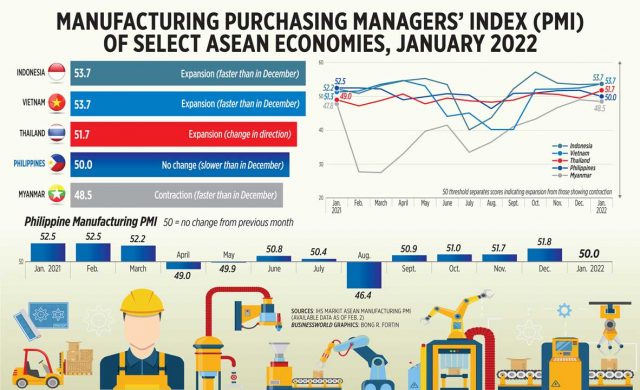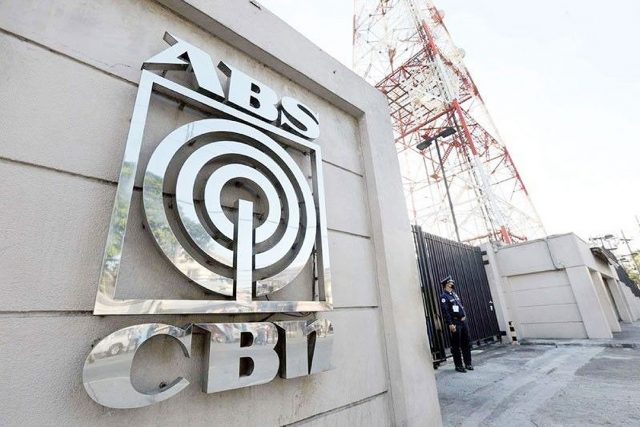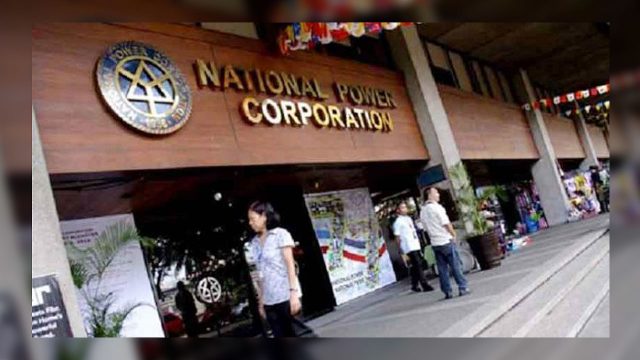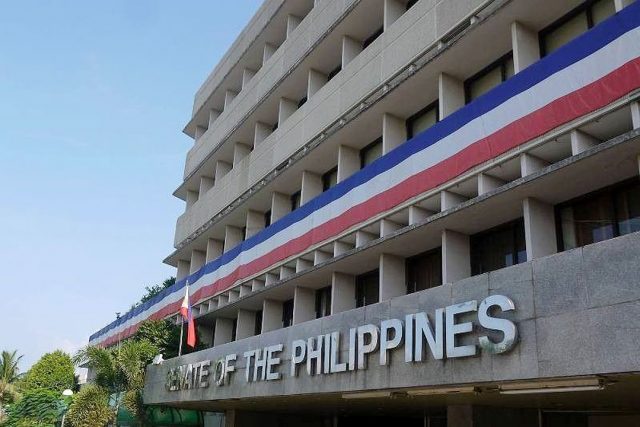By Kyle Aristophere T. Atienza, Reporter
THE PHILIPPINES is now at moderate risk from the coronavirus, according to the Health department, as it reported fewer than 10,000 cases for the second straight day.
“We were previously at high and critical risk but we are now at moderate risk,” Health Undersecretary Maria Rosario S. Vergeire told a virtual news briefing on Wednesday in Filipino, citing decreasing infections.
Although the country’s average daily attack rate remained high, it has dropped to 19.93 for 100,000 people, she said.
Ms., Vergeire said hospital and intensive care unit use rates were “well under control.”
The positivity rate is falling, she added, noting that most people can now be treated with rest or by using over-the-counter medicines.
“We are really moving on towards the decline in the number of cases,” she said. “Hopefully it will continue that way.”
The Department of Health (DoH) posted 7,661 coronavirus infections on Wednesday, bringing the total to 3.58 million. The death toll hit 54,097 after 43 more patients died, while recoveries rose by 23,392 to 3.36 million, it said in a bulletin.
It said 24.8% of 40,453 samples on Jan. 31 tested positive for COVID-19, still above the 5% threshold set by the World Health Organization (WHO).
Of the 160,297 active cases, 5,575 did not show symptoms, 149,829 were mild, 3,056 were moderate, 1,521 were severe and 316 were critical.
DoH said 76% of the latest cases occurred from Jan. 20 to Feb. 2. The top regions with new cases in the past two weeks were Western Visayas with 896, Metro Manila with 873 and Calabarzon with 694. It added that 60% of new deaths occurred in January.
The agency said 28 duplicates had been removed from the tally, 18 of which were recoveries, while 28 recoveries were relisted as deaths. Two laboratories failed to submit data on Jan. 31.
The Health department said 46% of intensive care unit beds in the country had been used, while the rate for Metro Manila was 40%.
The government has lowered the virus alert in Manila, the capital and nearby cities to Level 2 starting Feb. 1.
The presidential palace said it was not yet time to scrap the virus alert system in the country, citing low vaccination rates in some areas.
“This is not yet the time to remove the alert level system because while vaccinations are high in the National Capital Region, we still have to increase vaccinations in other regions,” Cabinet Secretary Karlo Alexei B. Nograles told the ABS-CBN News Channel in Filipino.
He added that the country should focus on the shift to Alert Level 1. “The reason why we’re not scrapping the alert levels is that just in case there would be new variants of concern or interest, or if there is a new surge, we could quickly revert to Alert Level 2.”
Also on Wednesday, Vivencio B. Dizon, deputy chief implementer of the country’s pandemic plan, said the government was crafting a plan to exit from a pandemic plan and move to the endemic phase — a time when the public learns to live with the coronavirus.
“I think we’re already headed in that direction,” he told an online forum.
Meanwhile, the OCTA Research Group from the University of the Philippines said coronavirus cases were falling in seven highly urbanized cities in central Philippines.
“Downward trends have been observed in Lapu-Lapu, Ormoc, Tacloban, Bacolod, Cebu City, Iloilo City, and Mandaue,” OCTA fellow Fredegusto P. David tweeted.
He said Lapu-Lapu, Ormoc and Tacloban were at high risk as of Feb. 1, while Bacolod, Cebu, Iloilo City and Mandaue “remained at very high risk.”
The government is scrambling to fully vaccinate more Filipinos as it reopens the economy.
The Philippines had fully vaccinated 59.12 million people as of Feb. 1, while 60.47 million have received their first dose, DoH data showed. Almost 7.58 million booster shots have been given out.
Meanwhile, the Philippine Chamber of Commerce and Industry said the has to cautiously open up the economy.
“The time is proper for us to move ahead cautiously,” chamber President George T. Barcelon told an online news briefing. “Our enemy, the COVID-19 pandemic, is invisible so we have to move forward cautiously.”
Mr. Barcelon said the government should encourage Filipinos to self-test for the virus, citing the practice in Singapore and European countries. “While they are opening up, they have to allow people to self-test so that in case there is a cluster of infection, they can capture it earlier and treat it.” — with Revin Mikhael D. Ochave













